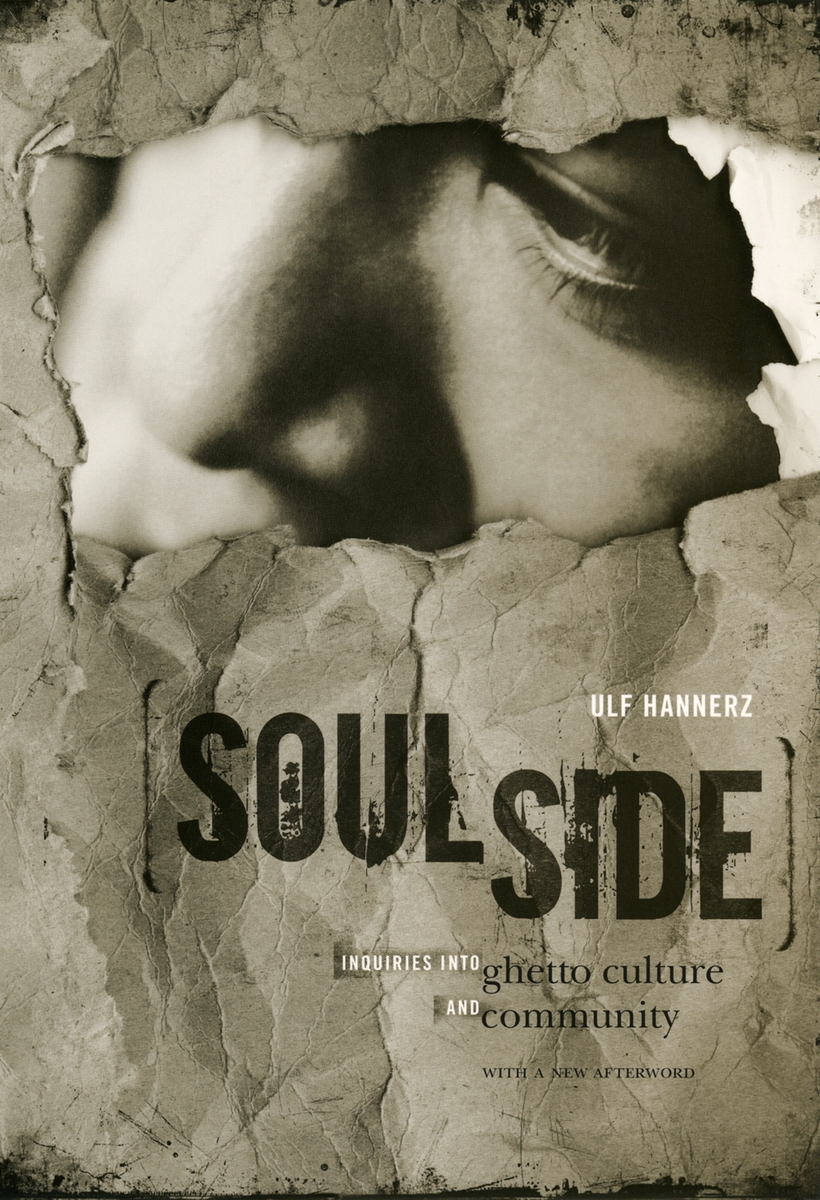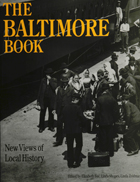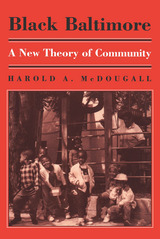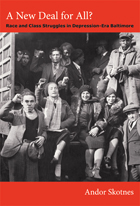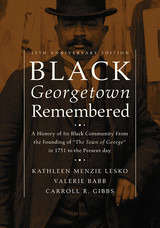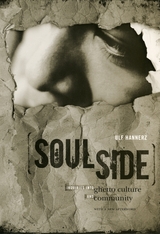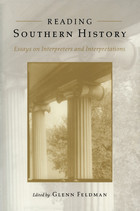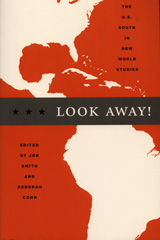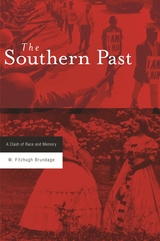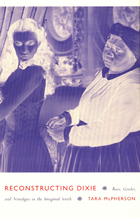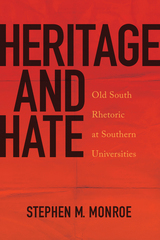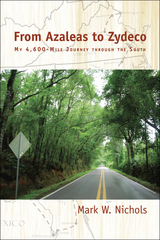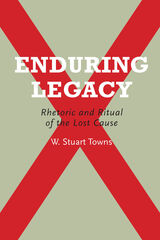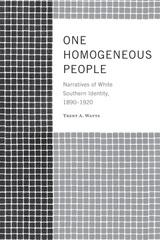Soulside: Inquiries into Ghetto Culture and Community
University of Chicago Press, 2004
Paper: 978-0-226-31576-8
Library of Congress Classification F205.N4H3 2004
Dewey Decimal Classification 305.8960730753
Paper: 978-0-226-31576-8
Library of Congress Classification F205.N4H3 2004
Dewey Decimal Classification 305.8960730753
ABOUT THIS BOOK | AUTHOR BIOGRAPHY | REVIEWS | TOC
ABOUT THIS BOOK
For an outsider, the prospect of blending into the fabric of an urban African American ghetto might be an intimidating one. But for a Scandinavian scholar, the idea of getting to know one of Washington DC's toughest neighborhoods from the inside during the racially tense, late 1960s, could well have seemed impossible. Conducting fieldwork in and around Winston Street, Ulf Hannerz did just that. Soulside details the everyday lives of the ghetto inhabitants he observed and participated with during this period, revealing their beliefs and expectations and the diversity of their life styles.
Originally published 35 years ago, Soulside became an urban anthropological classic. The book helped to dispel many false impressions about ghetto life and questioned the idea, precipitated in the influential Moynihan Report and in notions of a "culture of poverty," that the poor had chosen to lead the lives they do. Raising central moral and political questions about American society in a turbulent period, Soulside became an example of public engagement in anthropology. In a new afterword, Ulf Hannerz discusses the book's place in the debates of the time and its relevance to current arguments in anthropology.
Originally published 35 years ago, Soulside became an urban anthropological classic. The book helped to dispel many false impressions about ghetto life and questioned the idea, precipitated in the influential Moynihan Report and in notions of a "culture of poverty," that the poor had chosen to lead the lives they do. Raising central moral and political questions about American society in a turbulent period, Soulside became an example of public engagement in anthropology. In a new afterword, Ulf Hannerz discusses the book's place in the debates of the time and its relevance to current arguments in anthropology.
See other books on: Community | Community life | Cultural & Regional | Inner cities | Washington (D.C.)
See other titles from University of Chicago Press
